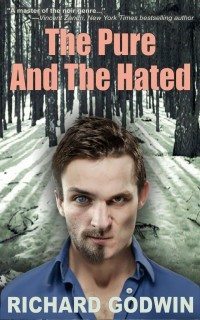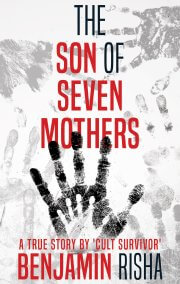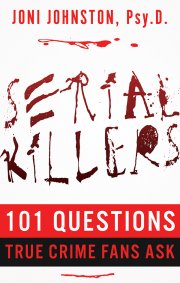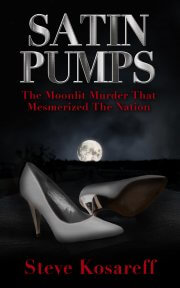 In this series of posts I want to look at what links horror fiction and crime fiction. The posts are part of the launch of my Vermont based novel The Pure And The Hated. I have spent several years if my life in Vermont. My wife is from the state and the novel is set there. While it is a crime novel, it is also Noir, it is a revenge tragedy, and it is part horror.
In this series of posts I want to look at what links horror fiction and crime fiction. The posts are part of the launch of my Vermont based novel The Pure And The Hated. I have spent several years if my life in Vermont. My wife is from the state and the novel is set there. While it is a crime novel, it is also Noir, it is a revenge tragedy, and it is part horror.
What do we mean when we talk about horror? What is it that horrifies us? The genre evokes a painful or intense fear, dread or dismay. Douglas Winter said it is an emotion. I am interested in the roots of horror fiction in Gothic literature and genres that look at the irrational. As a writer I believe people are often motivated by irrational urges they seek to understand. I explore that in The Pure And The Hated.
I think horror undermines our certainties. There is recognition and alienation wrapped up inside it.
Stephen King observed that in it there is a tension between the Apollonian and Dionysian. This stems from Nietzsche’s The Birth Of Tragedy, where he examined art in terms of a dialectic between Apollo, seen as light and structured, and Dionysus, seen as dark and chthonic.
I want to look at the genre’s evolution and its enduring modernity. I also want to look at what is horrifying.
Every day we read of atrocities in the newspapers. Horrifying things are done and the police investigate. Yet horror fiction occupies a particular realm in our minds. And it is because it enters our minds with its subversion of what we see as reality, its interrogation of identity, that it disturbs.
As a writer, as reviewers have noticed, I merge crime and horror fiction. I do so because I think they are connected.
My novel Apostle Rising is about a serial killer crucifying politicians. The narrative takes you deep you into the killer’s mind and the final revelation about his identity is a shock. It is a shock because it subverts identity. It leaves you questioning. It changes the lives of the people who came into contact with the killer’s acts and it leaves them altered.
Savage Highway, out this January with Wild Blue Press, also mixes crime and horror. Real crime is horrifying, and that is clearly seen in fictions that do not sanitise it. I want to look at horror fiction from the perspective of why we are governed by irrational impulses. It is a genre that may be morally conservative since many books create chaos in order to restore order. But many do the opposite. Horror will not let you feel safe.
The legacies of the Nazis are filled with horrors. Totalitarian regimes violate humanity. These events occur and they are part of politics.
Yet when we talk of horror fiction we mean something else. We mean that fleeting sense of something you catch out of the corner of your eye and refuse to accept. And the author’s job is to show it to you. What did Kurtz mean when he said at the end of Conrad’s Heart Of Darkness, ‘The horror! The horror!’?
T. S. Eliot used the quotation as an epigraph to the original manuscript of The Wasteland, no doubt inspired by his belief that Kurtz stands at the dark heart of the twentieth century. Kurtz, who travelled to the Congo. Kurtz, who made a god of himself. The film Apocalypse Now was based on the book and recreated its themes in a landscape of war. Horror is part of war. Crime is full of horror.
Horror subverts our notions of identity. It challenges identity, with its props of memory and notions of reality. What did Othello men when he said, ‘On horror’s head horrors accumulate,’ obsessed his innocent wife was betraying him? Obsessions drive men and women to acts that undermine their identities and lead them to dark places, places where horror breeds.
My novel Mr. Glamour is a crime novel with horror in it. The killer has unusual powers. He steps inside the minds of the investigators. He changes their lives and they engage in acts that may be deemed questionable for police officers. They lead double lives and it is in their double lives that they find something they lost, some aspect of their beings their notions of identity precluded.
The Pure And The Hated is about obsession and where it leads. It is about justice and how moral goodness holds onto its identity in the face of horror and injustice.




 Join our email list
Join our email list
Leave a Reply